
Dr Caitjan Gainty
Senior Lecturer in the History of Science, Technology & Medicine
Research interests
- History
Biography
Caitjan Gainty is a historian of twentieth century health and healthcare. After a brief stint in the world of public health research, she received her PhD from the University of Chicago in 2012 and joined the staff at King’s in 2013.
Dr Gainty runs the Healthy Scepticism project, which examines the work of past and present medical critics and sceptics, activists and reformers, and those dispossessed and disenfranchised by mainstream medicine and uses these findings toward healthcare reform now.
Dr Gainty has also worked extensively on medical films and filmmaking, on early 20th century American healthcare, on industrial production and the history of technology, and on the history of medical therapeutics (and alternative & complementary therapies).
Research interests
- History of health and healthcare in the US & UK
- Medical material culture
- Bioethics and Health Law
- Health scepticism, activism, hesitancy in 20th c
- Global healthcare systems
Selected Publications
Healthy Scepticism (Forthcoming, Hurst, 2026).
The Product of Medicine: How Efficiency Made American Health Care (Duke University Press, 2025).
“A Historical View on Health Care: A New View on Austerity?” Health Care Analysis 2019 27(3): 220-230.
“‘Items for criticism (not in sequence)’: Joseph DeLee, Pare Lorentz and The Fight for Life (1940)” British Journal for the History of Science 2017 50(3): 429-449.
“The Autobiographical Shoulder of Ernest Amory Codman: Crafting Medical Meaning in the 20th Century.” Bulletin of the History of Medicine 2016 90: 394-423.
“Going After the High-Brows:’ Frank Gilbreth and the Surgical Subject, 1912-1917.” Representations 2012 118: 1-27.
Teaching
Dr Gainty lectures in the history department on a wide variety of topics in the history of science, medicine and technology, including on the history of modern health care, the Cold War, pandemics and public health, health scepticism, and the body in history at the undergraduate and postgraduate level.
Expertise and Public Engagement
Dr. Gainty contributes regularly to public discussions on matters of health and healthcare and their histories. Her work appears frequently in the media and she has consulted for tv, film and radio productions. Through her Healthy Scepticism project, she initiated an artists-in-residence program; established a partnership with the Brixton-based organisation Centric; consulted on vaccine scepticism studies in the US and UK and launched a film festival. Dr. Gainty was the 2021 winner of the Prof Sir Paul Curran Award for Excellence in Academic Journalism from the Conversation. Recent writing and appearances include:
“The Dark Side of Psychiatry” The Conversation 1 April 2025.
(with Agnes Arnold-Forster and Paul Addae) ‘Healthy Scepticism’ Wellcome Stories, 17 January 2024.
“What newly digitized records reveal about the Tuskegee Syphilis Study” Smithsonian Magazine, 12 January 2024.
“From a ‘deranged’ provocateur to IBM’s failed AI superproject, the controversial story of how data has transformed healthcare” The Conversation 16 January 2023.
Guest, “Relevant or Irrelevant”, KALA Radio, recorded 24 September 2022, airing 4 November 2022.
(With Grazia de Michele) “Biden’s Plan to ‘End Cancer’ draws from an old flawed playbook” Undark, 14 April 2022.
(with Agnes Arnold-Forster) “Curfews have a dark history” The Conversation 28 January, 2022.
“Reversing Death: The weird history of resuscitation” The Conversation 4 November 2021.
“How Snake Oil Got a Bad Name” The Conversation 1 September 2021.
Guest, Sunday Extra “The fascinating history of snake oil” ABC Radio Australia, 19 September 2021.
“Poop Wars: The strange history of an American obsession” Slate 23 August 2021.
The Curious History of Filming the Sneeze (BBC Ideas, 2021).
The Guardian Science Weekly Podcast, “COVID-19 vaccines: why are some people hesitant?” 22 December 2020.
(with Agnes Arnold-Forster) “The Problem with Medical History in the Age of COVID-19” Nursing Clio, 15 July 2021.
(with Agnes Arnold-Forster) “Patriotic Devotion to the NHS Hurts Patients and Staff – History Shows it Stops Much Needed Reform” inews 27 April 2021.
(with Lucas Canino) “Long Covid-19 sufferers were given a new name for the condition. Why it matters.” Washington Post 22 March 2021.
Panelist (with Rory Stewart and Saad Omer) Yale Development Dialogues, Equitable Vaccine Distribution: Insights on COVID-19 from Previous Public Health Emergencies, Yale Economic Growth Center, 9 February 2021.
Research

The Centre for the Humanities and Health
A multidisciplinary forum interfacing the humanities, health, science & society.

Centre for the History of Science, Technology and Medicine
Engaging directly with policy-makers to change understandings of history and of the world in which we live today.
News
Testing Ground opens at Science Gallery London
New exhibition changes the ways we think about our invisible connections – to the cosmos, to nanoparticles, and to each other.

Dr Caitjan Gainty awarded Professor Sir Paul Curran Award
Senior Lecturer in the History of Science, Technology & Medicine wins award for contributions to flagship academic comment and news site, The Conversation.

Poison, Burn, Cut: King's Artists project explores 'healthy scepticism' within cancer treatment
A collaboration between a filmmaker and a historian of medicine that aims to push healthcare to new bounds.
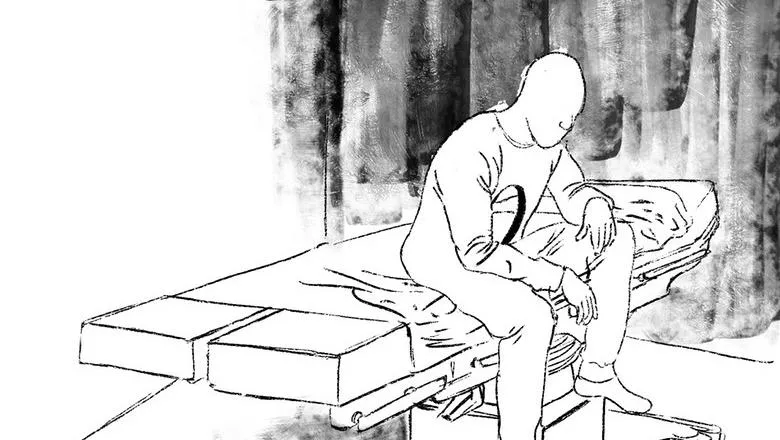
Eleven new King's Artists projects exploring the theme of 'Intelligence'
The 2021 King’s Artists cohort will be exploring the theme of ‘Intelligence’ in eleven new collaborative R&D projects across four King’s College London...

International Women's Day 2021: The contribution of the women at King's to the global response to COVID-19
As part of the UN’s International Women’s Day 2021 theme “Women in leadership: Achieving an equal future in a COVID-19 world”, we recognise the important...

The Healthy Scepticism project runs artist-led mini projects: 'Evidence and expertise in the time of Covid-19'
The Wellcome-funded Healthy Scepticism project, operated out of the Department of History, is running several artist-led projects on expertise and evidence in...
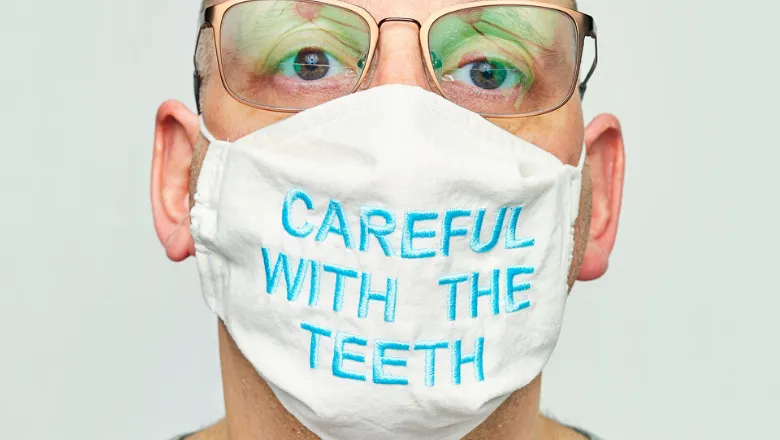
We could use a Florence Nightingale right now
Nightingale, born 200 years ago this week, was a fierce presence at an unruly time in health care

Events

‘Work in Progress’ Seminars: Healthy Skepticism
Though health sceptics of one kind or another have been around for centuries, the pandemic has made them newly visible.
Please note: this event has passed.
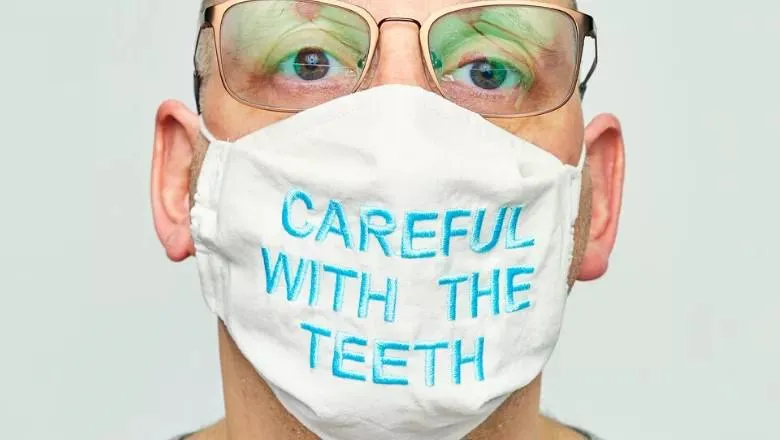
Embedding public engagement: lessons from the Healthy Scepticism project
An event as part of the Public Engagement at King’s Seminar Series (PEAKSS)
Please note: this event has passed.
Features
Curfews have a dark history: no wonder people are resisting them in the pandemic
Over Christmas, the Canadian province of Quebec imposed a curfew on its citizens. This curfew, like lockdowns, mask mandates and other restrictions, was aimed...

Vaccines alone aren't enough to eradicate a virus – lessons from history
History tells us high-tech vaccinations only work when they are effectively combined with low-tech public health strategies.
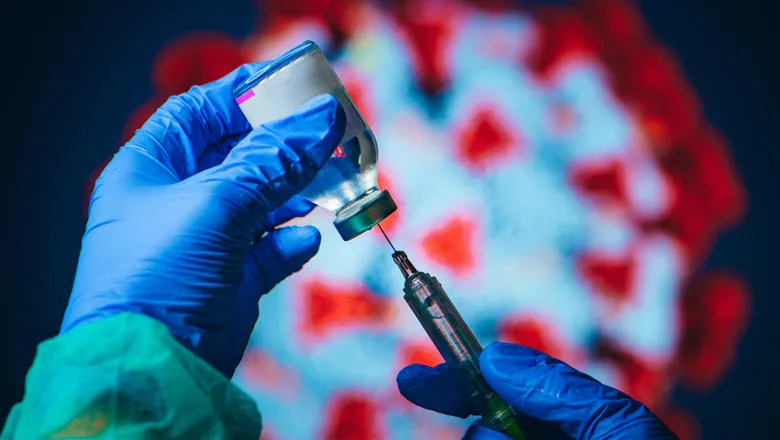
Vaccine hesitancy is not new – history tells us we should listen, not condemn
We should be cautious about painting all those who are unsure about new medical technology and treatments with the same broad brush.
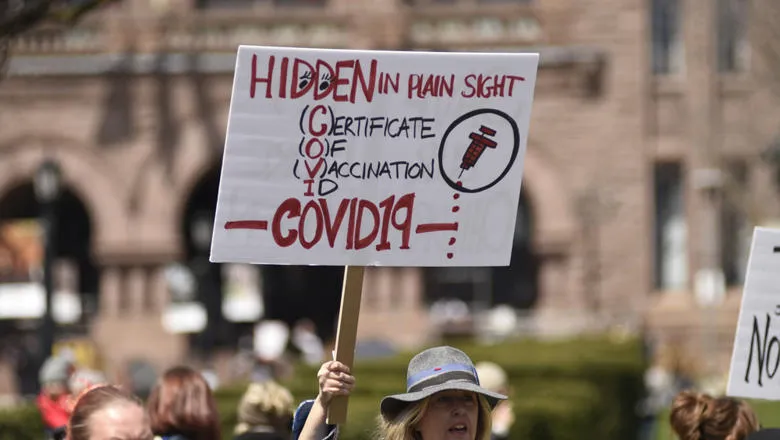
Why Londoners in the blitz accepted face masks to prevent infection – unlike today's objectors
As COVID-19 spread in Britain, journalists and politicians took to comparing the pandemic to the blitz.

King's contributes to pandemic response
Staff and students from across the King’s community are supporting efforts to combat the novel coronavirus (Covid-19) outbreak.
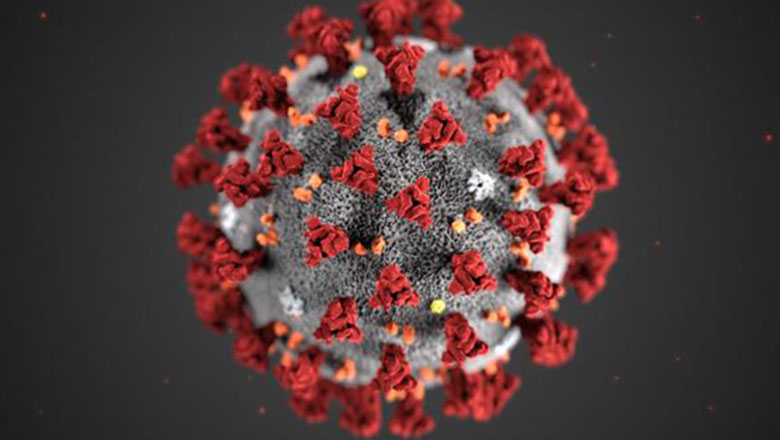
Spotlight
Spotlight on COVID: Why are we fighting Coronavirus with 100-year-old tech?
Marina Thomas, Spotlight reporter, interviews Dr Caitjan Gainty, Historian of Science, Technology and Medicine in the Faculty of Arts and Humanities, whose...

Research

The Centre for the Humanities and Health
A multidisciplinary forum interfacing the humanities, health, science & society.

Centre for the History of Science, Technology and Medicine
Engaging directly with policy-makers to change understandings of history and of the world in which we live today.
News
Testing Ground opens at Science Gallery London
New exhibition changes the ways we think about our invisible connections – to the cosmos, to nanoparticles, and to each other.

Dr Caitjan Gainty awarded Professor Sir Paul Curran Award
Senior Lecturer in the History of Science, Technology & Medicine wins award for contributions to flagship academic comment and news site, The Conversation.

Poison, Burn, Cut: King's Artists project explores 'healthy scepticism' within cancer treatment
A collaboration between a filmmaker and a historian of medicine that aims to push healthcare to new bounds.

Eleven new King's Artists projects exploring the theme of 'Intelligence'
The 2021 King’s Artists cohort will be exploring the theme of ‘Intelligence’ in eleven new collaborative R&D projects across four King’s College London...

International Women's Day 2021: The contribution of the women at King's to the global response to COVID-19
As part of the UN’s International Women’s Day 2021 theme “Women in leadership: Achieving an equal future in a COVID-19 world”, we recognise the important...

The Healthy Scepticism project runs artist-led mini projects: 'Evidence and expertise in the time of Covid-19'
The Wellcome-funded Healthy Scepticism project, operated out of the Department of History, is running several artist-led projects on expertise and evidence in...

We could use a Florence Nightingale right now
Nightingale, born 200 years ago this week, was a fierce presence at an unruly time in health care

Events

‘Work in Progress’ Seminars: Healthy Skepticism
Though health sceptics of one kind or another have been around for centuries, the pandemic has made them newly visible.
Please note: this event has passed.

Embedding public engagement: lessons from the Healthy Scepticism project
An event as part of the Public Engagement at King’s Seminar Series (PEAKSS)
Please note: this event has passed.
Features
Curfews have a dark history: no wonder people are resisting them in the pandemic
Over Christmas, the Canadian province of Quebec imposed a curfew on its citizens. This curfew, like lockdowns, mask mandates and other restrictions, was aimed...

Vaccines alone aren't enough to eradicate a virus – lessons from history
History tells us high-tech vaccinations only work when they are effectively combined with low-tech public health strategies.

Vaccine hesitancy is not new – history tells us we should listen, not condemn
We should be cautious about painting all those who are unsure about new medical technology and treatments with the same broad brush.

Why Londoners in the blitz accepted face masks to prevent infection – unlike today's objectors
As COVID-19 spread in Britain, journalists and politicians took to comparing the pandemic to the blitz.

King's contributes to pandemic response
Staff and students from across the King’s community are supporting efforts to combat the novel coronavirus (Covid-19) outbreak.

Spotlight
Spotlight on COVID: Why are we fighting Coronavirus with 100-year-old tech?
Marina Thomas, Spotlight reporter, interviews Dr Caitjan Gainty, Historian of Science, Technology and Medicine in the Faculty of Arts and Humanities, whose...

